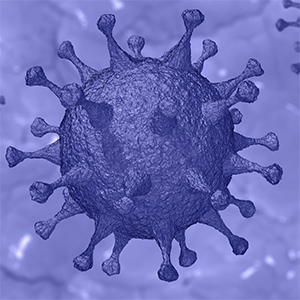Official food safety audits in large scale retail trades in the time of COVID: system control experiences supported by an innovative approach

Accepted: 24 October 2022
HTML: 19
All claims expressed in this article are solely those of the authors and do not necessarily represent those of their affiliated organizations, or those of the publisher, the editors and the reviewers. Any product that may be evaluated in this article or claim that may be made by its manufacturer is not guaranteed or endorsed by the publisher.
Authors
This work describes a new methodology used in large scale retail trades in official food safety auditing processes developed during COVID19 emergency. The aim is to evaluate Food Business Operators’ (FBOs) Food Safety Management System and its dynamic implementation and to understand the FBO’s level of cultural maturity about food safety according to EU Regulation 2021/382. The innovation mainly consists of: a) a pre-audit phase when auditors analyse food business operator’s (FBO) selfchecked plan and further documents to identify “markers” and useful evidences (that would be collected in on-site inspections) to evaluate the application of plan by FBO’s workers; b) an audit phase consisted of both a check of the company procedures and documents performed by the auditors via web conference and of contextually onsite inspections in a sample of company’s supermarkets performed by inspectors teams. The audit methodology here described may be useful, even though it is expensive in terms of time and energy used, for both Competent Authority (CA) and FBOs, regardless of the period of the COVID emergency. The so-structured official control allows the auditors to collect both documentary and on-site evidence at the same time, reaching a broader vision of auditees (not limited to single supermarkets) and a compliant with reality FBOs risk classification. The new approach may give advantages to both audit actors, CA as well as FBO, who may collect “markers” and evidence of the self-checked plan useful to improve FBO’s food safety system on the basis of the critical aspects detected during auditing process.
Supporting Agencies
NoneHow to Cite

This work is licensed under a Creative Commons Attribution-NonCommercial 4.0 International License.
PAGEPress has chosen to apply the Creative Commons Attribution NonCommercial 4.0 International License (CC BY-NC 4.0) to all manuscripts to be published.

 https://doi.org/10.4081/ijfs.2022.10022
https://doi.org/10.4081/ijfs.2022.10022



